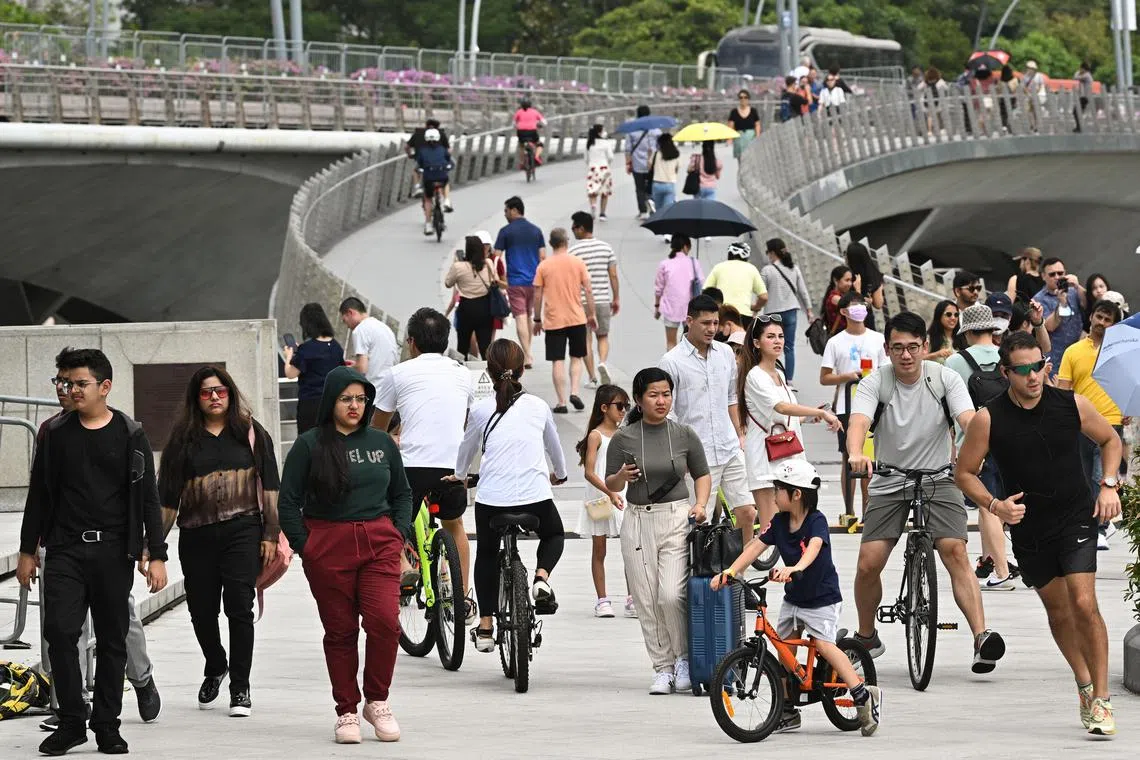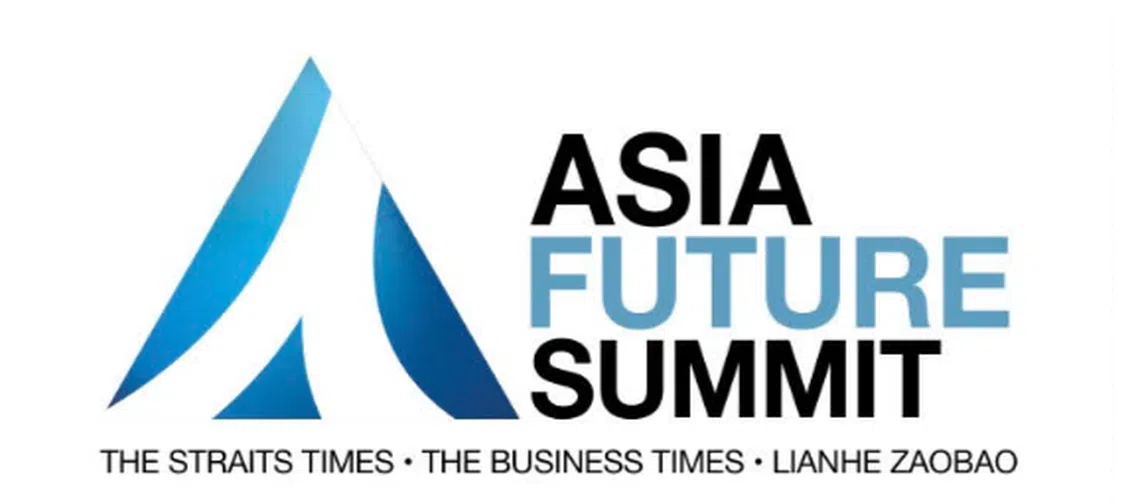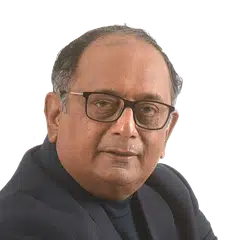The danger of politics in a post-truth world
Sign up now: Get ST's newsletters delivered to your inbox

The writer is am convinced that Singapore, and the wider Asian society, needs to stay united to move forward for the sake of its people.
ST PHOTO: LIM YAOHUI
SINGAPORE - Just as socialist thinker Karl Marx said that within capitalism lie the seeds – referring to opposing class interests – of its own destruction, one may also argue that every society could have seeds that relate to other sources of social divisions such as age, race and religion.
The critical thing is to not allow those seeds to germinate to destroy our preferred social order.
My top concern today is polarisation in politics, and the inability of certain interest groups to manage a decent conversation with others and arrive at a consensus for the good of society.
Watching America’s descent from beacon of democracy and “city on the hill” status to its current trending towards authoritarianism, I am convinced that Singapore, and the wider Asian society, needs to stay united to move forward for the sake of its people.
At the moment, there is a tendency on all sides to play the zero-sum game, but it is the responsibility of all – particularly those in power – to reach across the gallery and do what is good for the country.
The big difference between now and even a decade ago is the impact social media is having on society. In a post-truth world, politics becomes more complex as consensus becomes hard to come by. It appears that people do not seek an informed, critical mindset, that they wish to believe in disinformation. The inability to listen and work towards finding common ground is one of the great fault lines of the age.
Asia today has no shortage of fault lines, with age, gender, sexuality, race and religion being just some. Another emerging fault line is between the aged and the rest. Some years ago, I wrote about an intergenerational war as the young in some places rebel against having to provide and care for older folk. I hope Singapore will never go in that direction.
The neighbourhood we live in has a mixed record; under President Joko Widodo, Indonesia has managed rather well in putting a lid on some of the fissures, such as radical versions of religion. On the other hand, race and religion appear to have become more significant in a divisive way in Malaysia today than some decades ago. The way political parties are shaping themselves, it appears these issues will only lead to greater polarisation with time.
Associate Professor Tan Ern Ser is a sociologist. He is chair of the social science and policy cluster at the Faculty of Arts and Social Sciences, National University of Singapore.

SPH Media will be holding a two-day conference on the future of Asia on Oct 4 and Oct 5.
The by-invitation Asia Future Summit 2023 will bring together 300 delegates, thought leaders, policymakers and diplomats, and feature more than 20 speakers. They include Prime Minister Lee Hsien Loong, former prime minister of Australia John Howard, former United States ambassador to Singapore Jon Huntsman and Mr Narayana Murthy, founder of Infosys.
The event at The Ritz-Carlton, Millenia Singapore, will also discuss the world views of Mr Lee Kuan Yew, Singapore’s founding prime minister who died in 2015 and who would have turned 100 this year.
OCBC is the presenting sponsor of the event.
• OCBC is the presenting sponsor for the Asia Future Summit 2023. The event is also supported by Guocoland and Kingsford Group.




